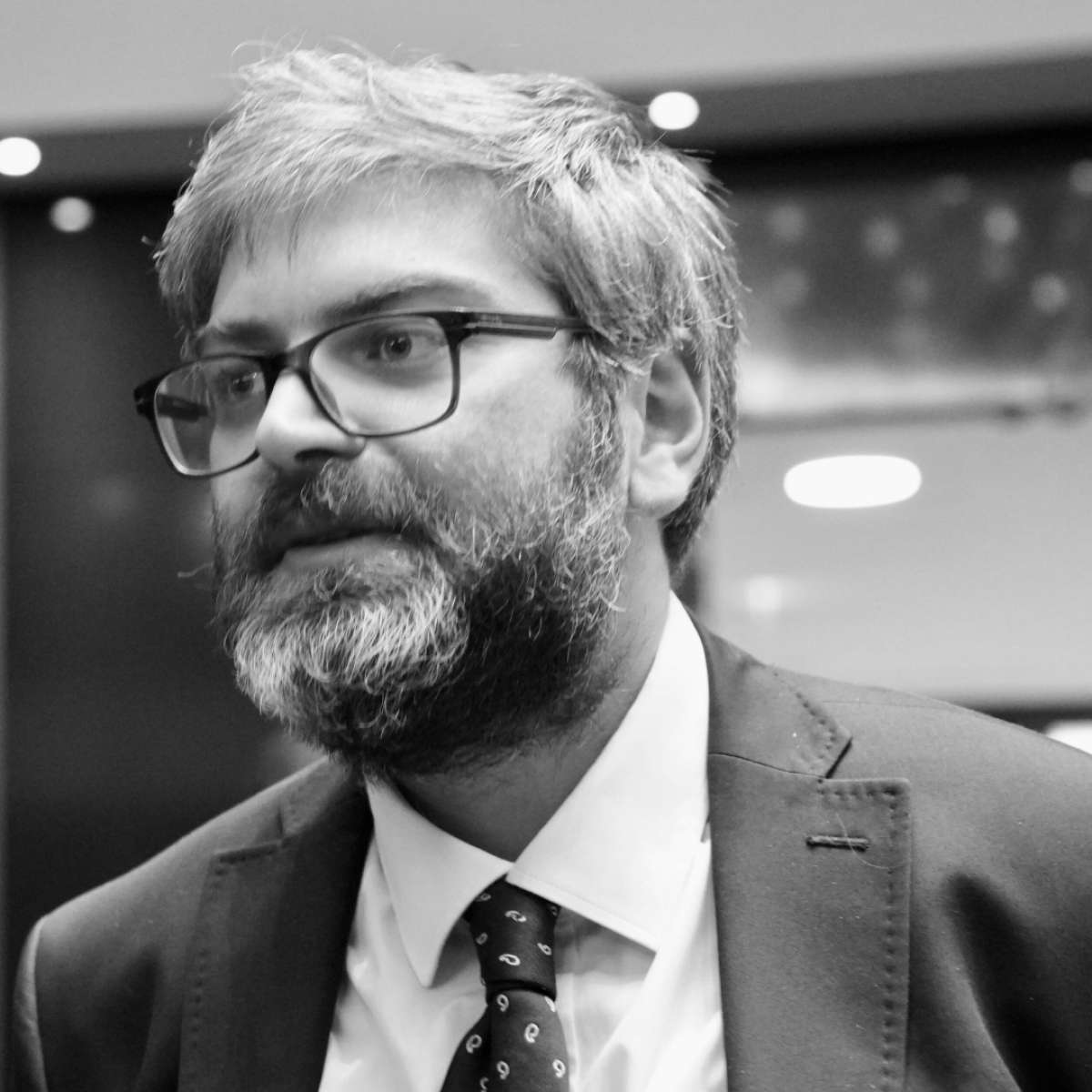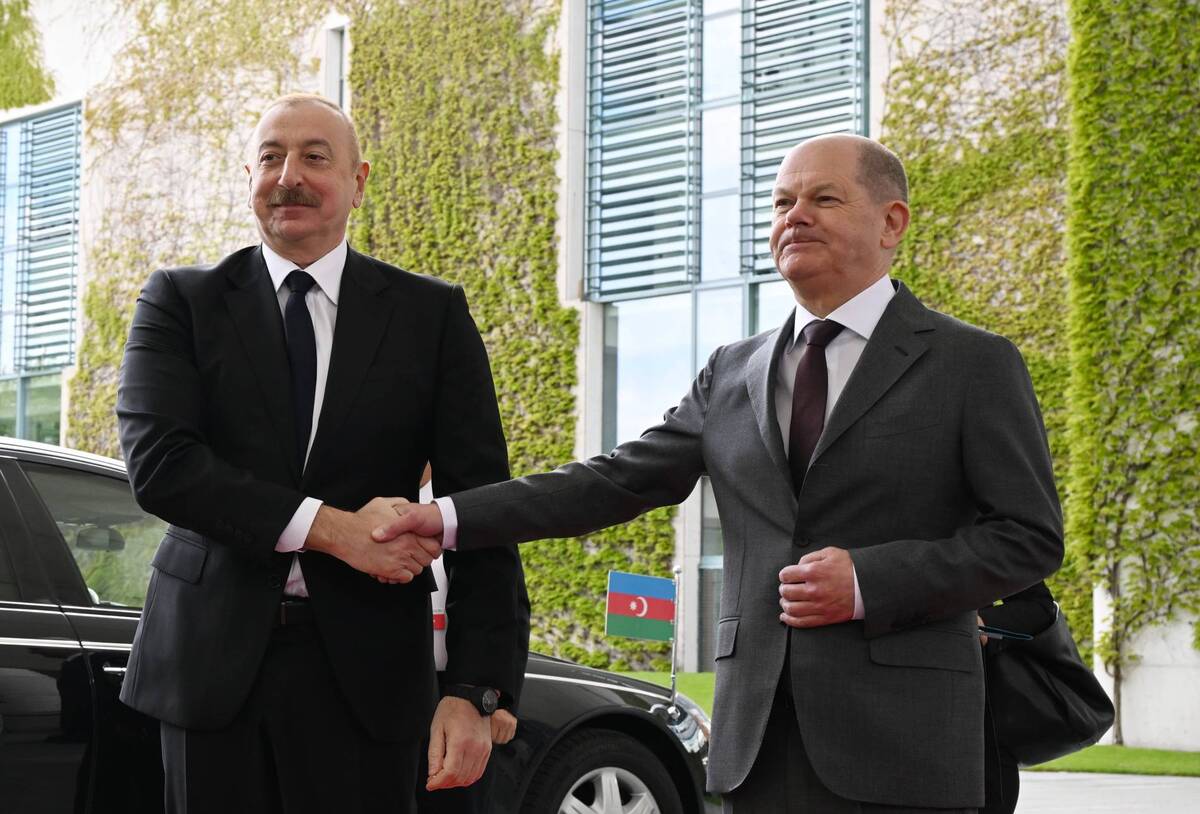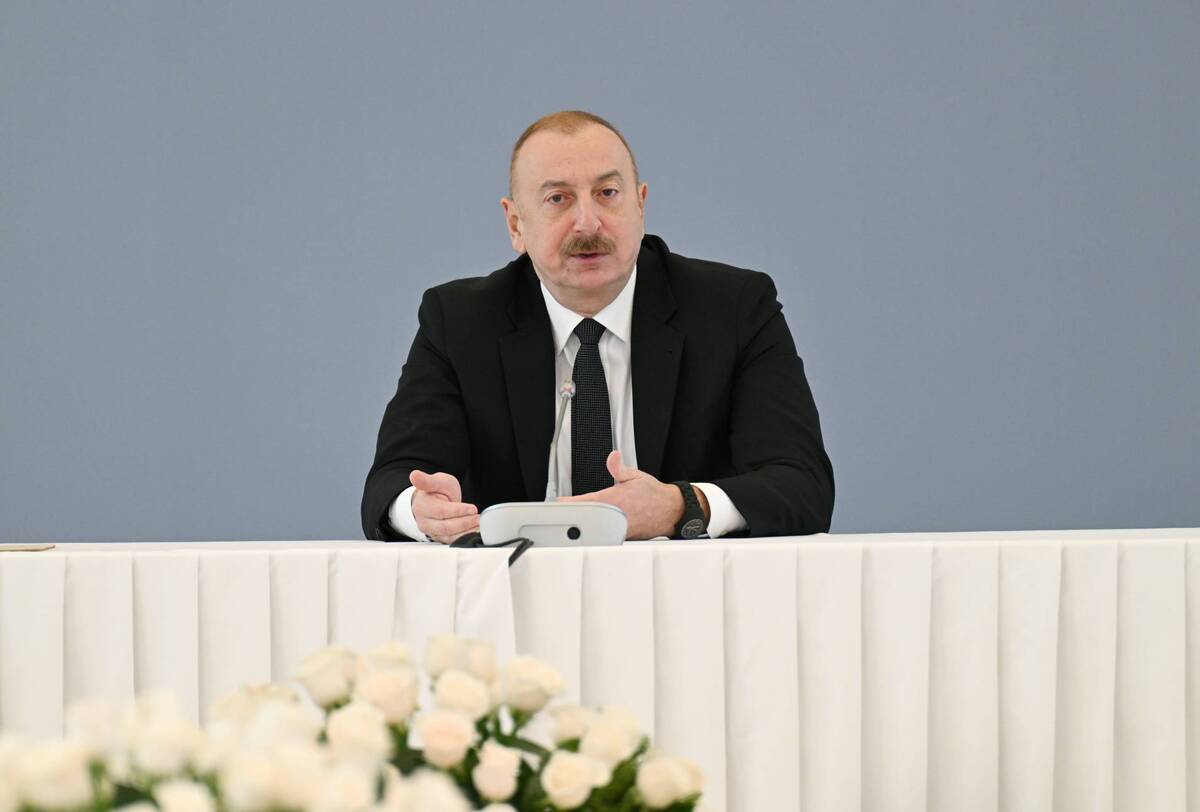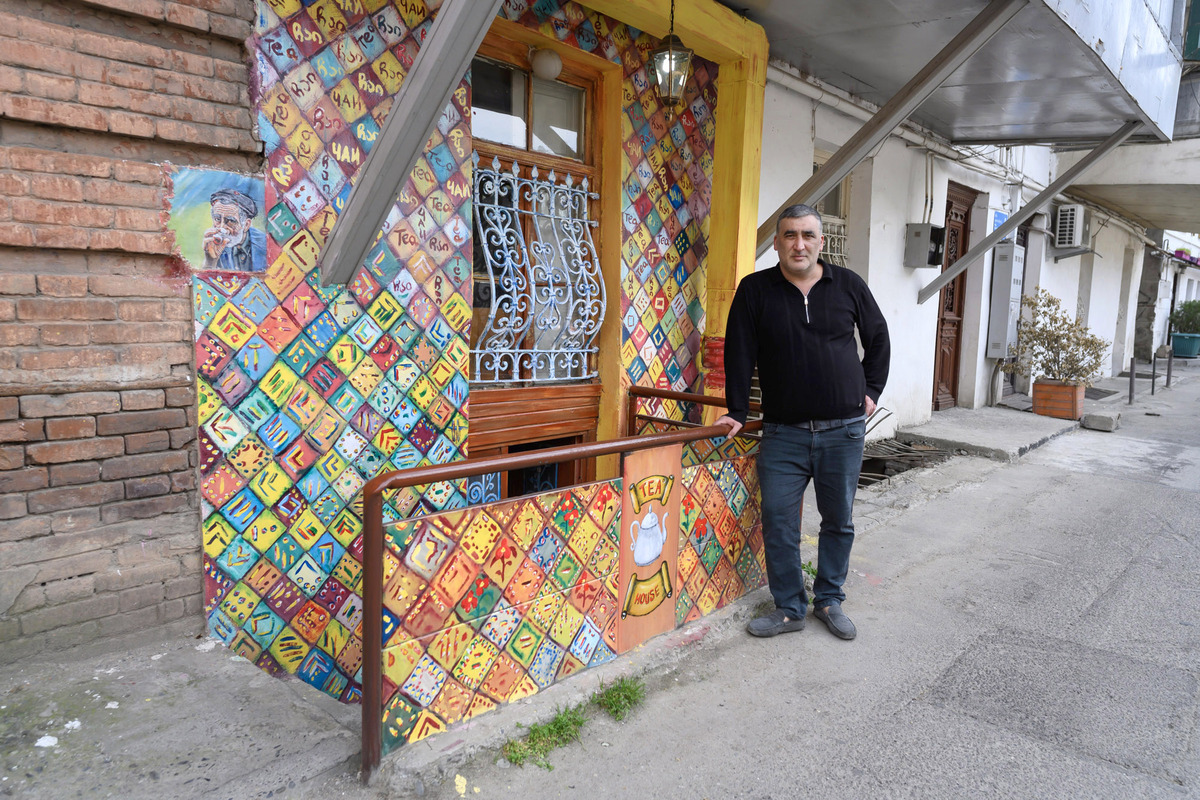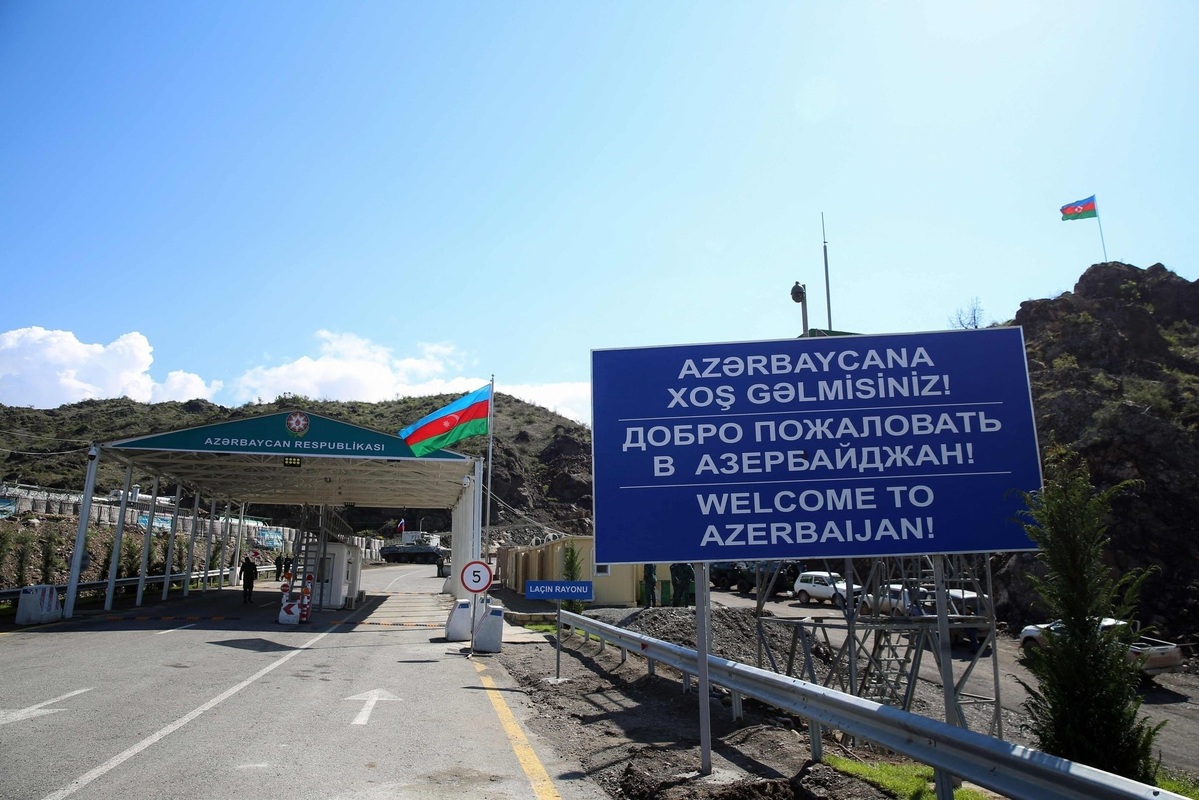- Home
- Spirit Wrestlers: A Glimpse into the Dukhobors of Georgia
Spirit Wrestlers: A Glimpse into the Dukhobors of Georgia
Alexander Davitashvili travels to the Georgian village of Gorelovka to visit a community of Dukhobors, an ethnically Russian Protestant Christian group, who reside in the region.
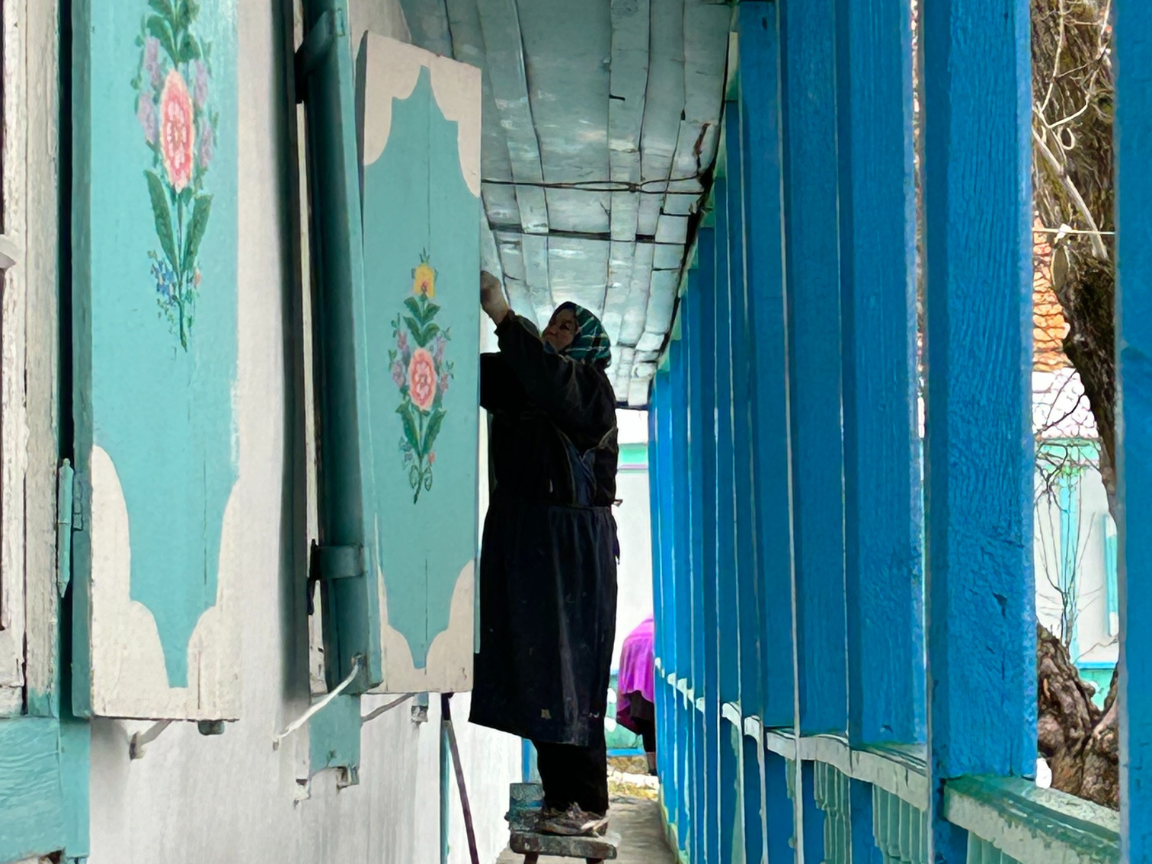
Image: Alexander Davitashvili
Dukhobors (spirit-wrestlers) are an ethnically Russian, self-sustained, ethnographic Protestant Christian group who believe that the Holy Spirit is in every person. They do not strictly follow the script of the Bible but adhere to two commandments: “Love God with all thy heart, mind, and soul” and “Love thy neighbour as thyself.” The movement in Russia began in the mid-17th century, and their division from the Orthodox Church was finalized after a century. Dukhobors have their own sub-cultural identities, including distinct clothing, ornaments on homes, a communal lifestyle, and pacifism.
Due to repressions in Russia, Dukhobors faced mass exile in the 19th century, with the majority settling in Canada. Smaller migrations occurred in different countries, and Georgia was one of the destinations. Around 5000 Dukhobors settled in the Samtskhe-Javakheti region of Georgia, establishing ten villages. Currently, they reside in only three villages: Gorelovka, Spasovka, and Sameba.
To explore their way of life, I visited Gorelovka, a unique village in Georgia where Russian Dukhobors, Armenians, and Georgian eco-migrants from the Adjara region live together. The village has a high mountainous status, with an elevation of over 2000 meters. Upon arrival, one observes abandoned and destroyed homes, with only the central road having asphalt; the rest is muddy and full of pits. While driving slowly, I noticed several uniquely designed homes with blue-painted windows and unconventional ornaments for Georgians or Armenians. Along the road, the cultural center stands out with three colourful buildings surrounded by a fence, contrasting with the predominantly grey structures in the village.
Upon entering the territory, I heard the sound of a chainsaw. Two men were preparing firewood for the upcoming cold winter. I introduced myself and asked if it was possible to interview somebody. The response was, “Go to the eldest (Starshaya); she knows the most.” They provided me with directions to where two women were cleaning windows. I informed her that I was a journalist seeking an interview. At first, she smiled, mentioning being tired of interviews. She refused to disclose her name and stated that they were no longer accepting journalists. However, trusting my demeanour, she decided to share some information but requested that I promise not to misinterpret her words, especially regarding the political aspect. I offered to send the article before publishing, but she declined, stating that our intentions are transparent before God, and it’s up to my conscience to write accurately.
In the beginning, she explained that this cultural center was previously the home of the founder, the most important place for Dukhobors living in Georgia, as she lived, prayed, read, and slept here. Additionally, they have a church on that territory and a summer building where they gather every Friday and on holidays to pray to God. Dukhobors don’t have priests or other intermediaries between individuals and gods; they believe in a direct connection. She told me, “...there is a Holy Spirit in everything; why do we need someone who will deliver our messages to God? We can do it ourselves.”
After the interview, I found out that only 103 Dukhobors are left in Gorelovka, with two families still living in Spasovka, and only two people left in Sameba. They are reportedly migrating to Russia and Ukraine. She said that nobody migrated to Canada from Georgia; Russia is their mother, a homeland, and if they are going somewhere from Georgia, it’s back to their roots. The main reason for the migration reportedly is the poor economy. They are primarily involved in agricultural activities, taking care of cattle and selling milk to one of the private companies, which pays a wholesale price. Men have jobs on the farms, and the main income of women is a pension. In response to my question, “Is it enough?” she responded that it is not much but enough. The bigger problem, according to her, is an empty village; for instance, they could not take care of graveyards this year until late autumn as there was lots of work to do, and not many people were available to help. Another thing they struggle with is gasification. They have to buy firewood and prepare for winter, adding a workload for the small community, which supports each other but still is not enough.
I was interested to know if there was any kind of ethnic confrontation since their settlement was established in Samtskhe-Javakheti. The region is densely populated with ethnic Armenians, as of now, no major confrontations have been recorded between Georgians and Armenians, but during the early 1990s a separatist movement named Javakkh was actively engaged in the political processes, causing an unstable environment. She responded that in the integration of Dukhobors, Russian writer Leo Tolstoy played a huge role, as he financed building a school in Gorelovka, which avoided possible massacres as everyone was getting educated together from childhood. Reportedly, from one side, Tolstoy was financing Dukhobor’s exile to Canada, and on the other hand, he was helping those who moved to Georgia with the establishment of the settlement.
The only time they felt afraid was in the early 1990s, with the increased nationalist movements in Georgia. However, she referred to Gamsakhurdia’s words where he reportedly said he is against Russians, but Dukhobors are part of the Georgian community and are equal citizens. She also praised the work of Mikheil Saakashvili, who improved infrastructure and said that his wife was organizing trips to Tbilisi for the school pupils. Regarding, Garibashvili, she noted that Dukhobors are very satisfied that he is pulling Georgia in the direction of Russia, as since the removal of visa requirements for Georgian citizens, they have been able to visit their homeland. She condemned war as Dukhobors are pacifists, but another reason for concern is that their relatives are living in both countries, Russia and Ukraine; they are nervous and afraid for their health and lives. Overall, in terms of ethnic confrontation, she joked: “Why should we have any confrontation? Nobody wants us, and we want nobody.”
After the interview, she asked another woman to show me the church and warned that it is a holy place where photos are not allowed. Upon entering, I noticed its simple arrangement—just one long wooden chair, a fireplace, a small table, and flowers on the window sills. The woman stated, “This is where we pray, no gold, no jewelry, only a pure heart and soul.” Exiting the church, the Eldest was already standing on the stairs, painting the church walls. She bid me farewell and reminded me to avoid misinterpretation.
The challenges faced by the Dukhobors in Georgia extend beyond increased migration and a lack of gas. They also lack access to information, with Georgian neighbours translating some amendments to the laws. In the broader context, migration from the Javakheti region is not uncommon among other social groups. In total, around 12,000 people left the region due to poverty. Since 2012, the number of social assistance recipients has almost doubled. Access to resources remains a significant challenge, with gasification being a major problem in the Javakheti region. Due to privileged privatization, pastures are less available for locals. As agriculture, especially related to cattle, is the main line of work in the region, it creates an additional reason to leave. Armenian and Dukhobor youth prefer to return to their historic homelands rather than plan their future in Georgia.
Amidst these challenges, the Dukhobors in Georgia face an uphill battle for survival, caught between economic hardships, cultural preservation, and a longing for their ancestral roots.
Read this next


